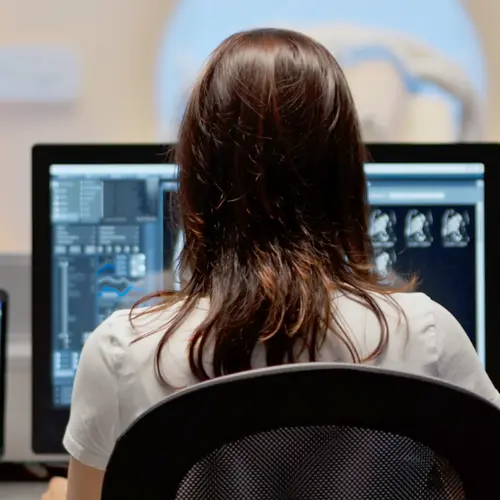A multiple sclerosis (MS) diagnosis can bring up a lot of questions. One of the first things you might wonder is, "How did I get MS?"
The answers to that question can vary from your genes to an illness you came down with years ago. If you had a serious head injury or two when you were young, they might have played a role in MS, too.
A few recent studies have shown that people who had concussions as teenagers are up to twice as likely to be diagnosed with MS years later. The more head injuries kids had, the more likely they were to get MS later in life.
That risk might make parents of teens who already have a strong family history of MS pause before signing them up for contact sports -- or at least take extra care before letting them take the field.
What Causes MS?
Genes are by far the biggest contributor to MS. Most people's risk of getting MS is about 1 in 750. But if a close relative like your mother, father, brother, or sister has the disease, your risk jumps to 1 in 40. And if you have an identical twin with MS, it soars to 1 in 4. More than 200 genes are linked to MS.
Genes set the stage for MS, but something else has to set it in motion. "There are multiple environmental factors that can turn those genes on," says Lana Zhovtis Ryerson, MD, an assistant professor of neurology and a multiple sclerosis specialist at NYU Langone's Multiple Sclerosis Comprehensive Care Center.
Those triggers can be different for each person. A lack of vitamin D, an infection like the measles or mononucleosis, smoking, and obesity are all possible links to a higher risk of MS . Head injuries could be yet another addition to that list.
How Might Concussions Affect MS Risk?
"Whenever you have any kind of head trauma, you damage the brain and release a certain amount of brain materials -- proteins and fats," explains Staley A. Brod, MD, a professor of neurology and chief of the MS/Neuroimmunology Section at the Medical College of Wisconsin. Those proteins and fats can travel to the brain and cause damage.
Some of the proteins set off an inflammatory immune response that damages the myelin sheath -- the layer of insulation that surrounds and protects your nerve cells. Myelin damage from an immune system attack is what causes symptoms in people with MS.
The process that leads from head injury to nerve damage can take time, Brod says. That's why people who get concussions in their teens might not have MS until they're adults.
There have only been a few studies on MS and head injury, and we still have a lot to learn about the link. As with any research, the more evidence we can gather, the better. "These findings are intriguing; however, more data is needed to conclude that head trauma, especially during adolescence, is increasing the risk of developing MS later in life," says Ulrike Kaunzner, MD, PhD, a neurologist at Weill Cornell Medicine and NewYork-Presbyterian.
What Parents Can Do
Don’t let fear of MS stop you from letting your child play contact sports. But do see it as one more reason for you to be cautious. Brain injuries have a number of other, well-studied long-term effects, including Alzheimer's disease and Parkinson's disease -- especially if they're repeated.
"I think concussion prevention has to be a very important subject that is addressed in adolescent sports," Zhovtis Ryerson says. "First and foremost, we want to make sure children and adolescents are wearing proper head protection gear. I think it's also important for parents to model appropriate behaviors." That means wearing your own helmet when you play football or ride a bike.
Any child who has a suspected head injury during a game should be taken out and kept out until a doctor has cleared them. "It's better to be safe than sorry," Zhovtis Ryerson says. "Repeated concussions are much more dangerous. There is an additive effect."
If your child has already had a concussion, you may want to think twice about contact sports, especially if MS runs in your family, Brod says. Teens who've already had a head injury should watch out for MS symptoms like these:
- Numbness or tingling
- Weakness
- Trouble walking
- Stiff muscles
- Blurred or double vision
If your child has these symptoms, see your primary care doctor or a neurologist for an exam. A magnetic resonance imaging (MRI) scan can show whether they have MS brain changes.
The Takeaway
If your teen has had a concussion, don’t assume they're destined to get MS. The overall risk, even after a head injury, is very small, less than 1%, Brod says.
"The vast majority of people who have MS do not have concussions," Zhovtis Ryerson says. "It's a small environmental risk among a number of environmental risk factors that can cause MS."

